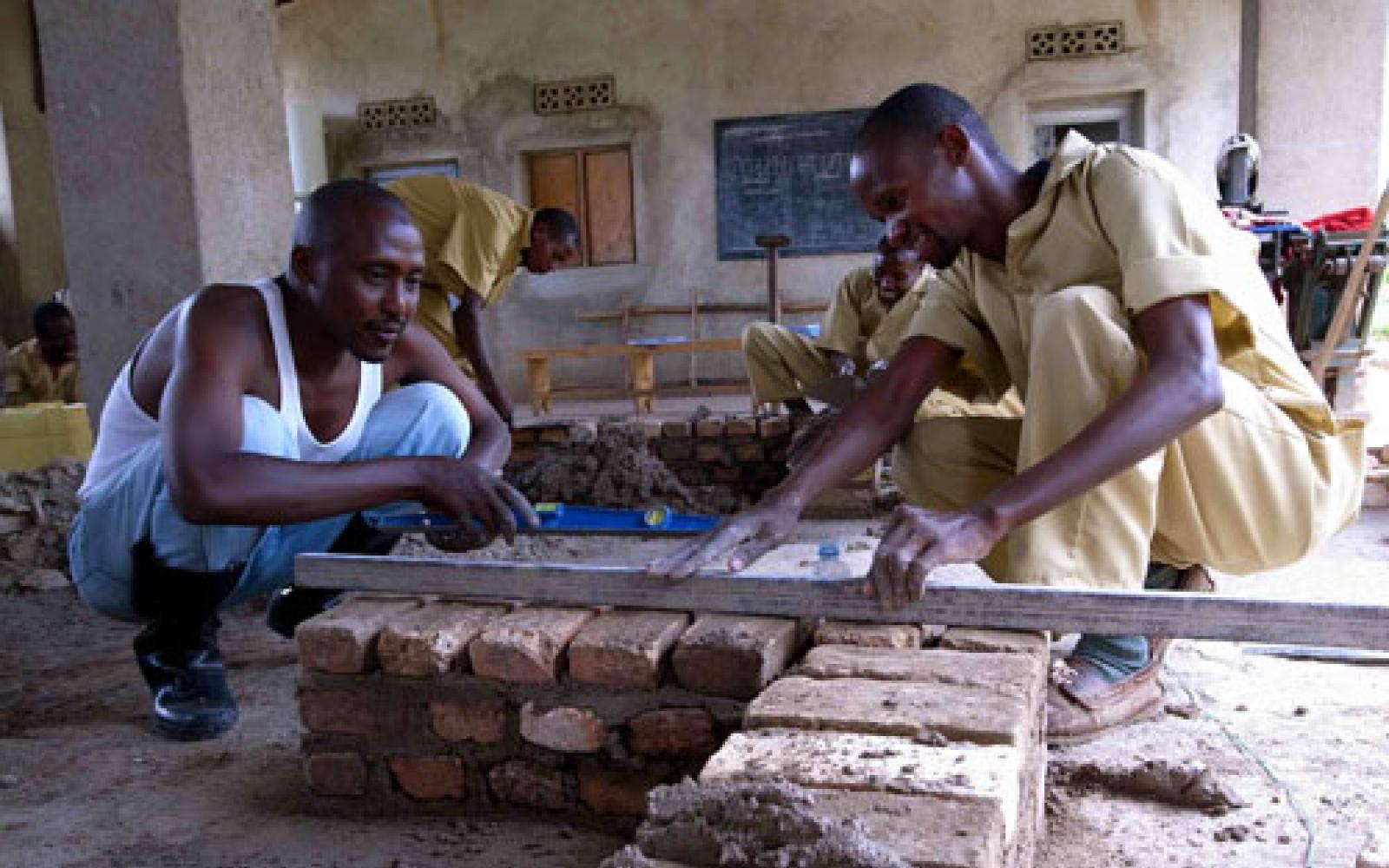Introduction
In a context of worldwide economic and employment crisis, it is important to facilitate access to decent jobs for girls and boys. Technical and Vocational Education and Training (TVET) programmes offer interesting opportunities to contribute to this challenge.
A 2017 study commissioned by Plan International Belgium, Enhancing the contribution of the Belgian TVET programmes to girls’ empowerment, focuses on the participation of girls in TVET programmes, as their access to education and participation in the labour market are key factors in the process of their empowerment.
The study contains several recommendations. Its main finding is that it is essential to ACT! for girls’ empowerment by addressing strategies to enable their:
-
Access to TVET programmes
-
Completion of these programmes
-
and participation in Transition activities towards decent work
Within this ACT framework, many factors need to be addressed simultaneously – at the level of schools and training institutions, at the level of families and communities and at the level of the authorities.
Programmes which only focus on one aspect will not reach their full potential. For instance, enrolment of girls may be limited when circumstances prevent them from completing the curricula or lead insufficiently to decent and adequately paid job opportunities.
Several members of the Educaid.be platform have pooled their efforts to illustrate the study’s proposed approaches to deal with (f)actors that either enable or restrain girls’ participation in TVET programmes with examples of good practices.
We hope that these illustrations may provide inspiration to practitioners who are interested in enhancing their TVET programmes to make them more accessible for girls, to ensure they complete their studies and to facilitate transition towards decent work.
We welcome input from other experts or practitioners willing to share good practices. Contributions can be sent to the Educaid.be secretariat.

TVET - What are we talking about?
When talking about Technical and Vocational Education and Training (TVET), we make the distinction between formal, non-formal and informal training:
- Formal Education: “…the hierarchically structured, chronologically graded “educational system”, running from primary school through the university and including, in addition to general academic studies, a variety of specialized programmes and institutions for fulltime technical and professional training.”
- Non-Formal Education: “…any organized educational activity outside the established formal system whether operating separately or as an important feature of some broader activity that is intended to serve identifiable learning clientèle and learning objectives.”
- Informal Education: “…the truly lifelong process whereby every individual acquires attitudes, values, skills and knowledge from daily experience and the educative influences and resources in his or her environment from family and neighbours, from work and play, from the marketplace, the library and the mass media…”
These definitions do not mean that a certain type of education can be easily categorised. The different categories are rather loosely and ambiguously defined and there exists some overlap (and confusion) between them.
TVET is organised in different ways in different countries, depending on national laws or polices and regulations that systematise the content/curricula and duration of different trades. A common denominator is that schools and TVET centres stress the importance of delivering an official diploma or certificate at the end of the studies.
Empowerment as a multidimensional process of change
We see empowerment as a holistic process which takes into account different components both at personal and at community level.
Empowerment as a multidimensional process of change “touches on many different aspects of change in women’s lives, each important in themselves, but also in their interrelationships with other aspects. It touches on women’s sense of self-worth and social identity; their willingness and ability to question their subordinate status and identity; their capacity to exercise strategic control over their own lives and to renegotiate their relationships with others who matter to them; and their ability to participate on equal terms with men in reshaping the societies in which they live in ways that contribute to a more just and democratic distribution of power and possibilities”. (Naila Kabeer, 2008)
Girls and women’s access to education and participation in the labour market are key factors for their empowerment. When considering the contribution of TVET to the empowerment of girls, we do not only think in terms of obtaining a diploma or certificate to get a job. It is also about:
- strengthening and broadening girls’ knowledge in a larger sense;
- strengthening their internal power (self-esteem, self-confidence, …);
- reinforcing their social power (to be able to take part in decisions, to be part of a group to defend their interests and rights and influence policy).
